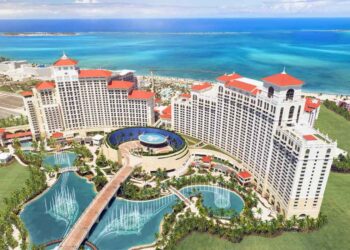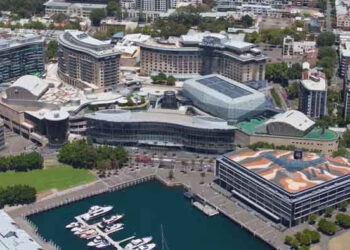The government of Taiwan is now discussing allowing casinos onto the main island.
The Taipei Times quoted an unnamed Cabinet official who said the proposal being floated would admit the industry into an unspecified number of planned “Free Economic Pilot Zones” which the government is designing as an experiment in economic and trade liberalization.
Gambling on Taiwan proper is prohibited by the Criminal Code but is permitted on outlying islands subject to voter approval under the Offshore Islands Development Act. The residents of the island group of Matsu approved casinos in a referendum last year, and a bill is being drafted stipulating how they will be licensed, regulated and taxed there. The bill is expected to be approved by the Cabinet this month and submitted to the Legislative Yuan, the national parliament, for debate.
In a plus for operators interested in investing in the country, the bill will include a provision exempting personal gambling winnings from taxation for 20 years. The exemption was urged by the Ministry of Transportation and Communications, which is charged with developing the regulations, and was recently approved by the Ministry of Finance.
The Times reports that the Finance Ministry originally wanted a 20% tax on winnings but was talked out of it by the MOTC, which was “strongly opposed” and had the backing of the American Chamber of Commerce, which argued that the tax would discourage investment.






























